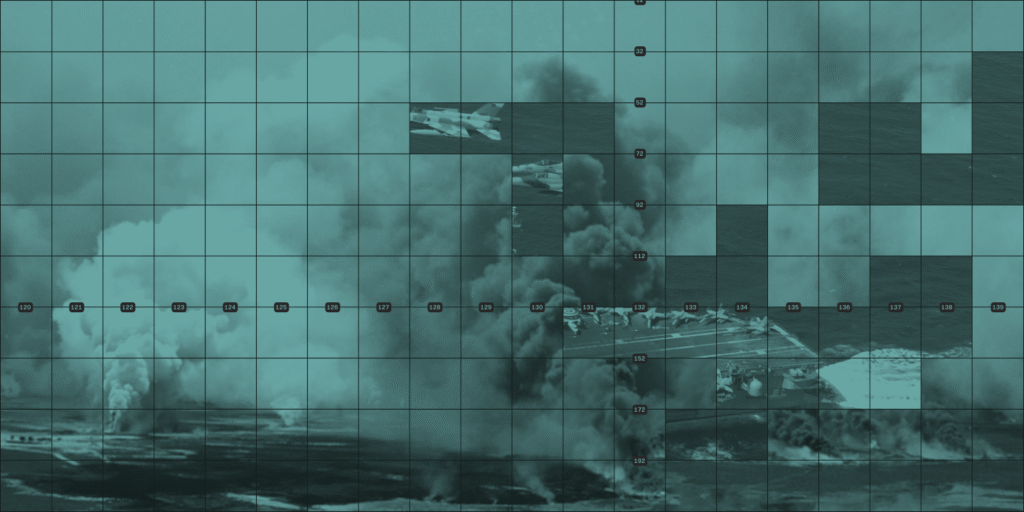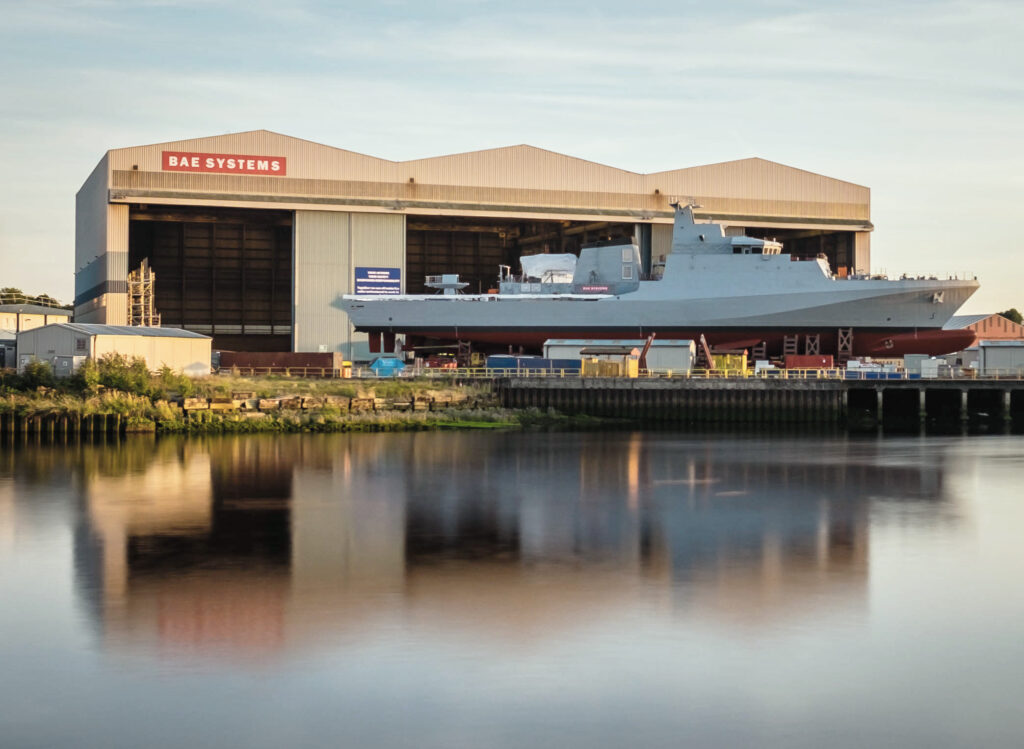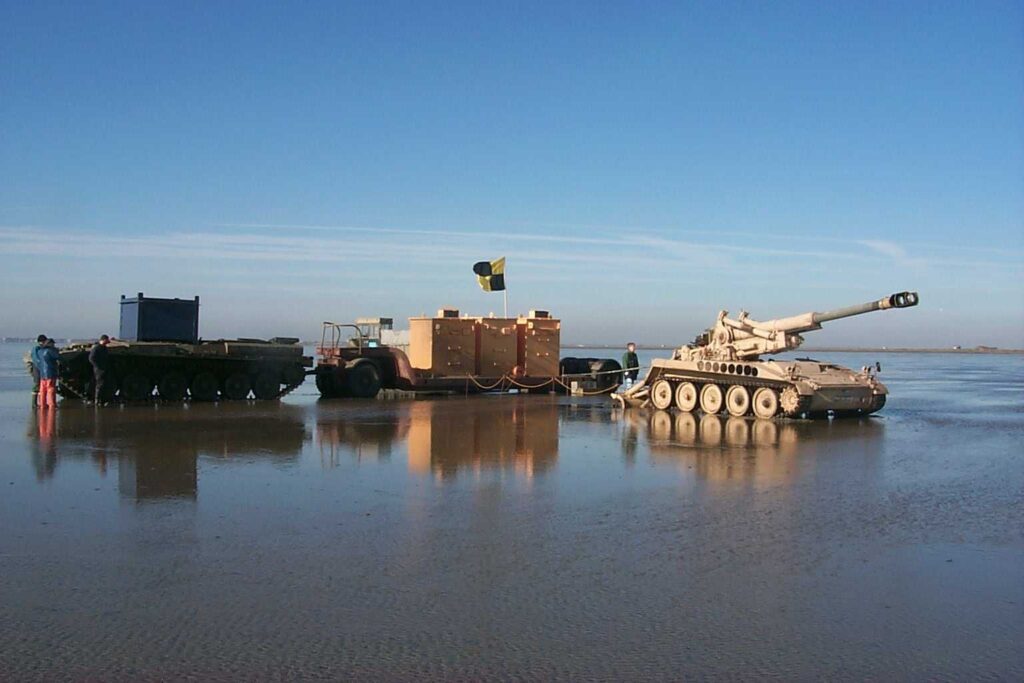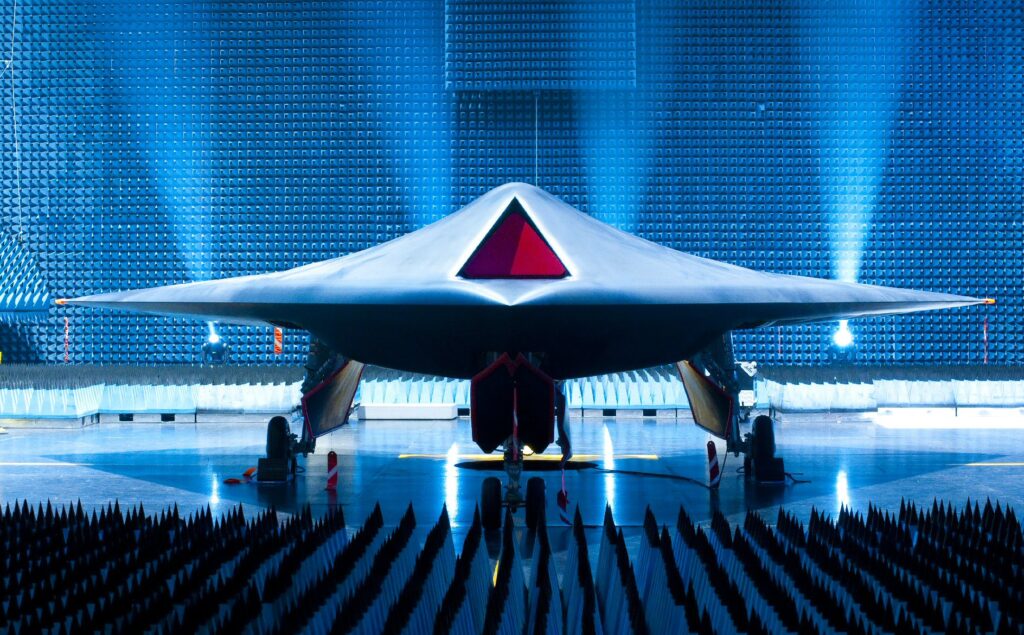2
10
18
26
34
40
41
42
42
43
44
45
46
47
50
58
Economy
8 Publications
Briefing
Mining for War: Assessing the Pentagon’s Mineral Stockpile
How can the Pentagon’s energy transition mineral stockpiles be repurposed toward the green transition?
Lorah Steichen
Mining for War: Assessing the Pentagon’s Mineral Stockpile
How can the Pentagon’s energy transition mineral stockpiles be repurposed toward the green transition?
Economy
Published December 4, 2025
Timeline

Green Clydeside: Modelling Military Industrial Conversion
Military industrial conversion was a popular proposal in the twentieth century. What would it look like on the Clyde today?
Economy
Pinelopi Gardika, Leela Jadhav, Khem Rogaly
Published October 23, 2025
Essay

Transition Security
What are the consequences of militarisation for a warming world? How will Transition Security Project respond to this moment?
Climate, Economy, Geopolitics
Khem Rogaly, Patrick Bigger, Lorah Steichen
Published October 16, 2025
Map

A Lucas Plan for the Twenty First Century: Map
Mapping military aerospace and shipbuilding in North West England, the Scottish central belt and Northern Ireland.
Economy
Khem Rogaly, Sophie Monk
Published October 18, 2024
A Lucas Plan for the Twenty First Century: From Asset Manager Arsenal to Green Industrial Strategy

Report by Khem Rogaly
A Lucas Plan for the Twenty First Century: From Asset Manager Arsenal to Green Industrial Strategy
Building on the Lucas Plan, a new industrial strategy can redirect productive capacity and skills from the military industry towards the development of green manufacturing.
Economy
Published October 18, 2024
Briefing
Welfare to Arms: Shareholder Payouts in the Arms Industry Since 2010
How arms industry shareholders benefit from military spending.
Khem Rogaly
Welfare to Arms: Shareholder Payouts in the Arms Industry Since 2010
How arms industry shareholders benefit from military spending.
Economy
Published September 15, 2023
The Asset Manager Arsenal: Who Owns the UK Arms Industry?

Report by Khem Rogaly
The Asset Manager Arsenal: Who Owns the UK Arms Industry?
State support underpins arms production in the UK. Who benefits from this subsidy?
Economy
Published July 9, 2023
Interactive

The Asset Manager Arsenal: An Interactive Story
Economy
Khem Rogaly, Sophie Monk
Published July 9, 2023